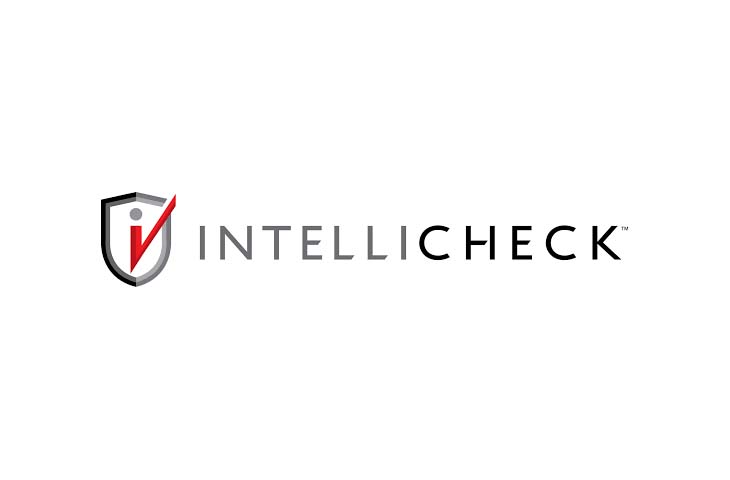Why did you join Intellicheck?
The main attraction to me was the convergence of this incredible opportunity to work with a company that offers cutting-edge technology solutions at a pivotal time that cuts across virtually every market. Markets ranging from retail and banking to law enforcement, must have real-time, accurate ID authentication solutions. As I looked at the company, it spoke volumes to me when I heard Intellicheck’s clients calling these products “game-changers”. Add to that what I saw in the dedicated team of innovators at Intellicheck, and I felt it was the right place at the right time to join a company that I believe has a great future.
For those who are getting an introduction to Intellicheck, tell us about the company.
The core of what we do is authentication of government issued ID’s. That simple statement has far-reaching implications for transactions. Many companies can scan a barcode and parse the data, but therein lies the critical differentiator. We provide actionable results that matter because our technology solutions determine if an ID is authentic. With a better than 99% accuracy rate, our clients know in real-time who is on the other side of the transaction, which is why they trust us with everything from fighting credit fraud and fraudulent account openings to assuring they are enforcing age-restricted access to venues and products like alcohol, cannabis and tobacco. Our products can quickly and easily be adopted on mobile devices, online or at the point of sale, which gives us the ability to respond to diverse needs, while providing a seamless customer experience with the features and functionality that reflect the input we received in working with Fortune 100 and Fortune 500 companies. We are seeing record levels of personally identifiable information being stolen. To combat fraud, the first step in the payment chain is clearly authentication and that is at the heart of all we do
From your perspective, what are the biggest issues facing the payments industry?
The number one issue facing the payments industry is so pervasive, it rises to the top above all else. The explosion in fraud we are seeing today has created unprecedented challenges. It dominates the conversation at industry gatherings, headlines in mainstream media and the trades, and each new research report underscores the pervasiveness of the problem. According to Javelin Strategy & Research, new account fraud reached an all-time high in 2017 and twice as many consumers had their cards misused in a card-not-present transaction. Given the amount of PII breached in 2017 it is clear we are at the tip of the proverbial iceberg in terms of impact. The effects of these breaches are and will continue to be far reaching. These incidences have created a well-documented erosion of trust among consumers that has had a direct effect on transactional habits and brand trust. We can all agree that the amount of PII data readily available on the dark web in addition to flaws in some current systems and approaches, which are fueling the fraud epidemic. It hardly seems that long ago that the old standbys of a combination of information such as comparing address information, asking for a social security number and checking mobile phone accounts did the job. Now, that information raises as many questions as it formerly could provide answers. At the same time, new challenges such as the eruption in the problem of synthetic identity fraud adds to the problem with yet one more way one can be duped into validating information that has been fraudulently obtained. Industry prognosticators tell us incidence of fraud will continue to climb, which is why the clock is ticking for those who fail to act now.
How do you view biometrics’ impact on identification authentication?
Biometrics will certainly be a significant factor in identity authentication, which is why Intellicheck has built a strong biometric patent portfolio. Right now, however, whether you’re looking at facial recognition, fingerprinting or an iris scan, all come with unresolved issues. Biometric spoofing is a real problem. There are also problems with data security and privacy. All this before we even look at synthetic identity fraud, which Accenture PLC said in January would cost banks billions of dollars this year.
A recent survey of IT professionals offered some very interesting insight. Two thirds of the IT professionals surveyed said there was not enough transparency about vulnerabilities in biometric systems. In response to another question, 63% said there was not enough transparency about biometric data vendors are collecting. Overall, they indicated there were significant security and privacy concerns.
These are among the prominent issues that must be addressed for biometrics to fully evolve.








